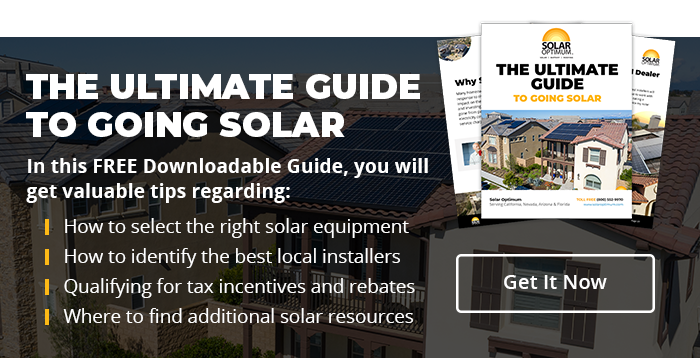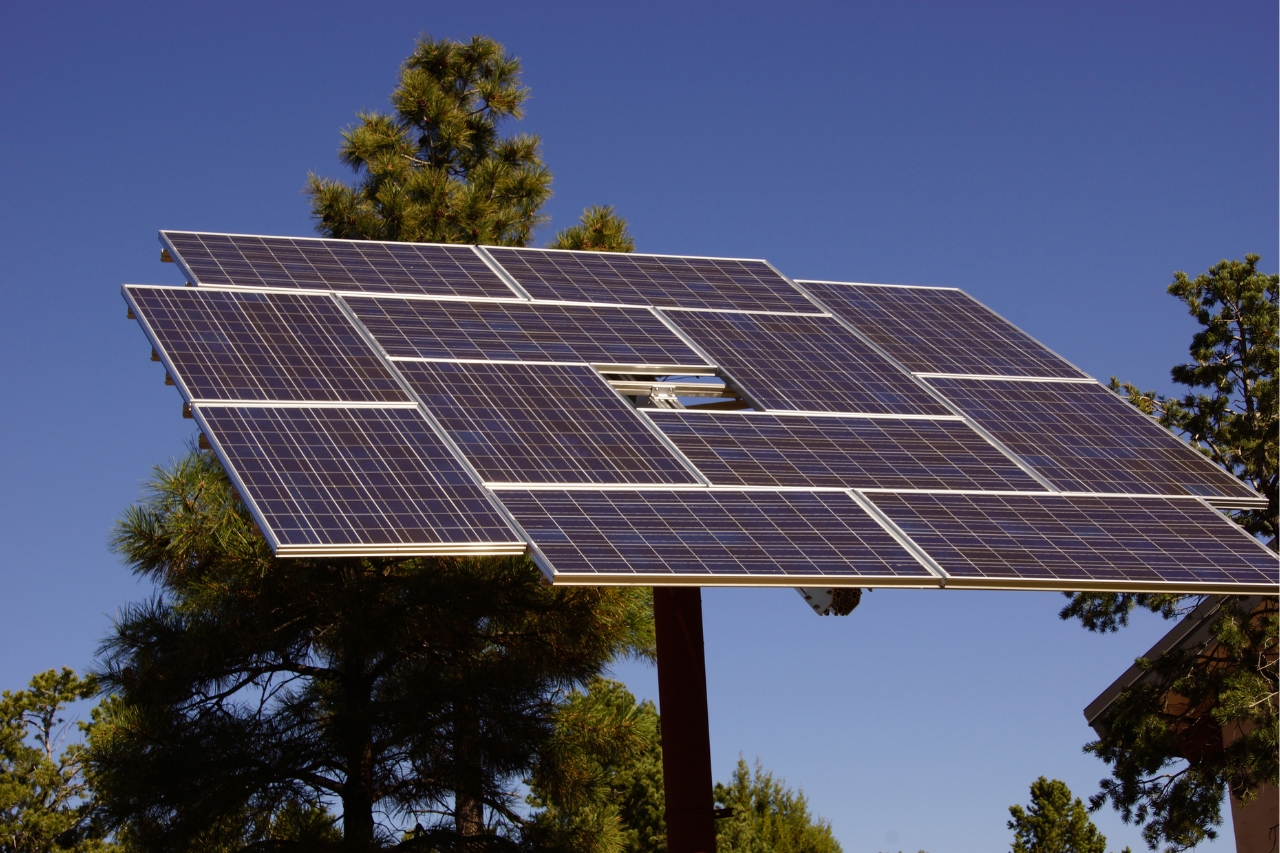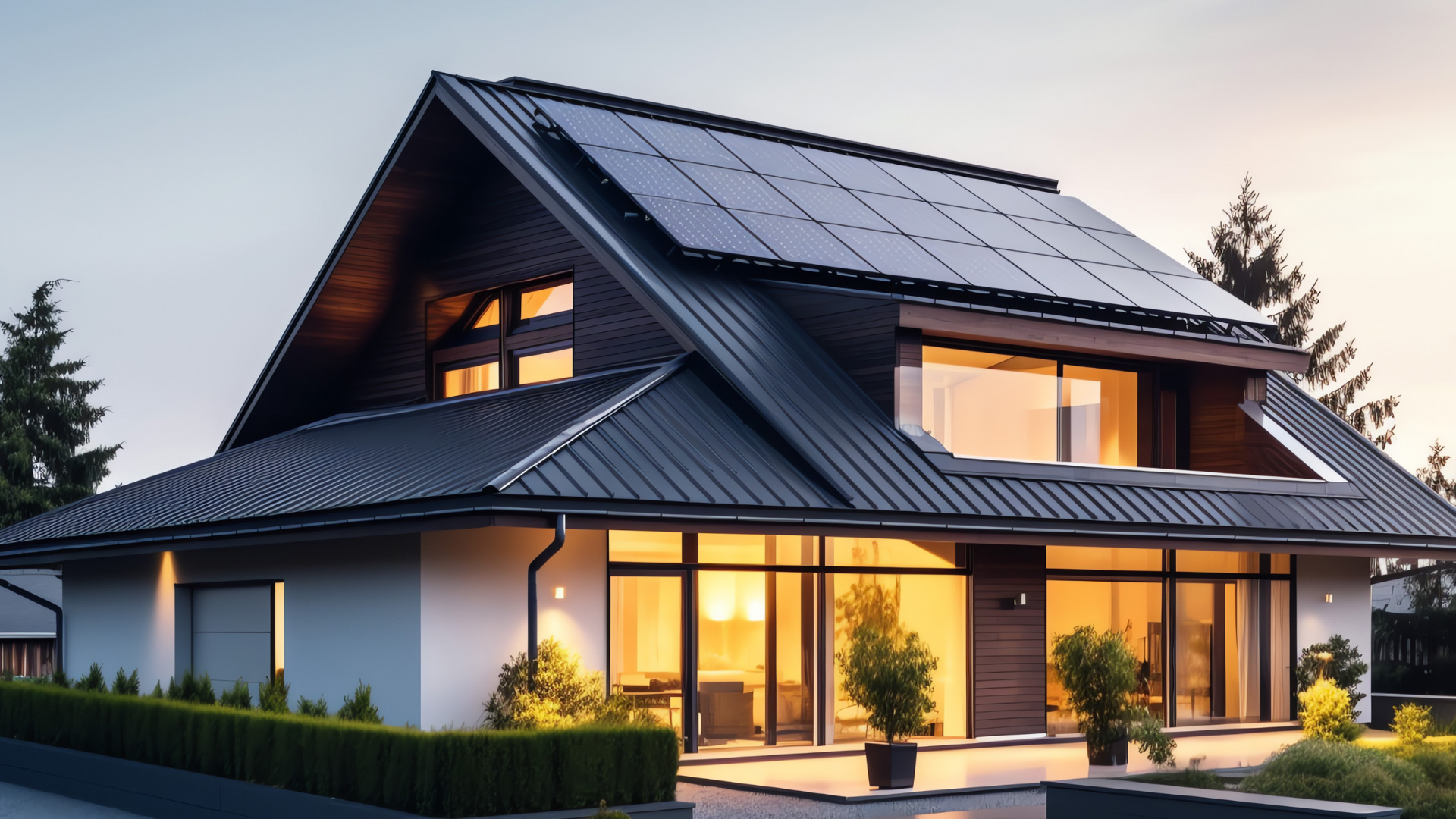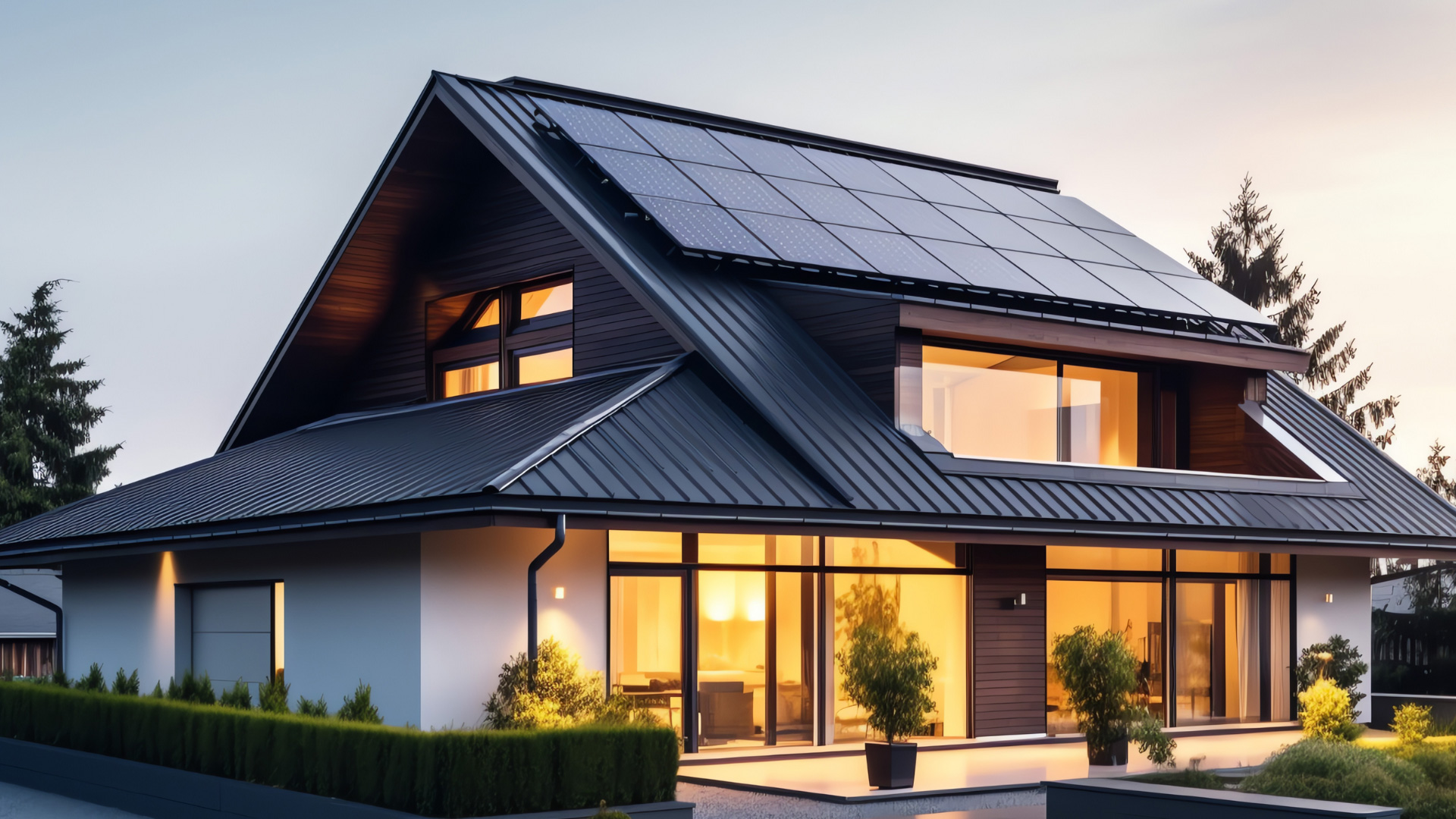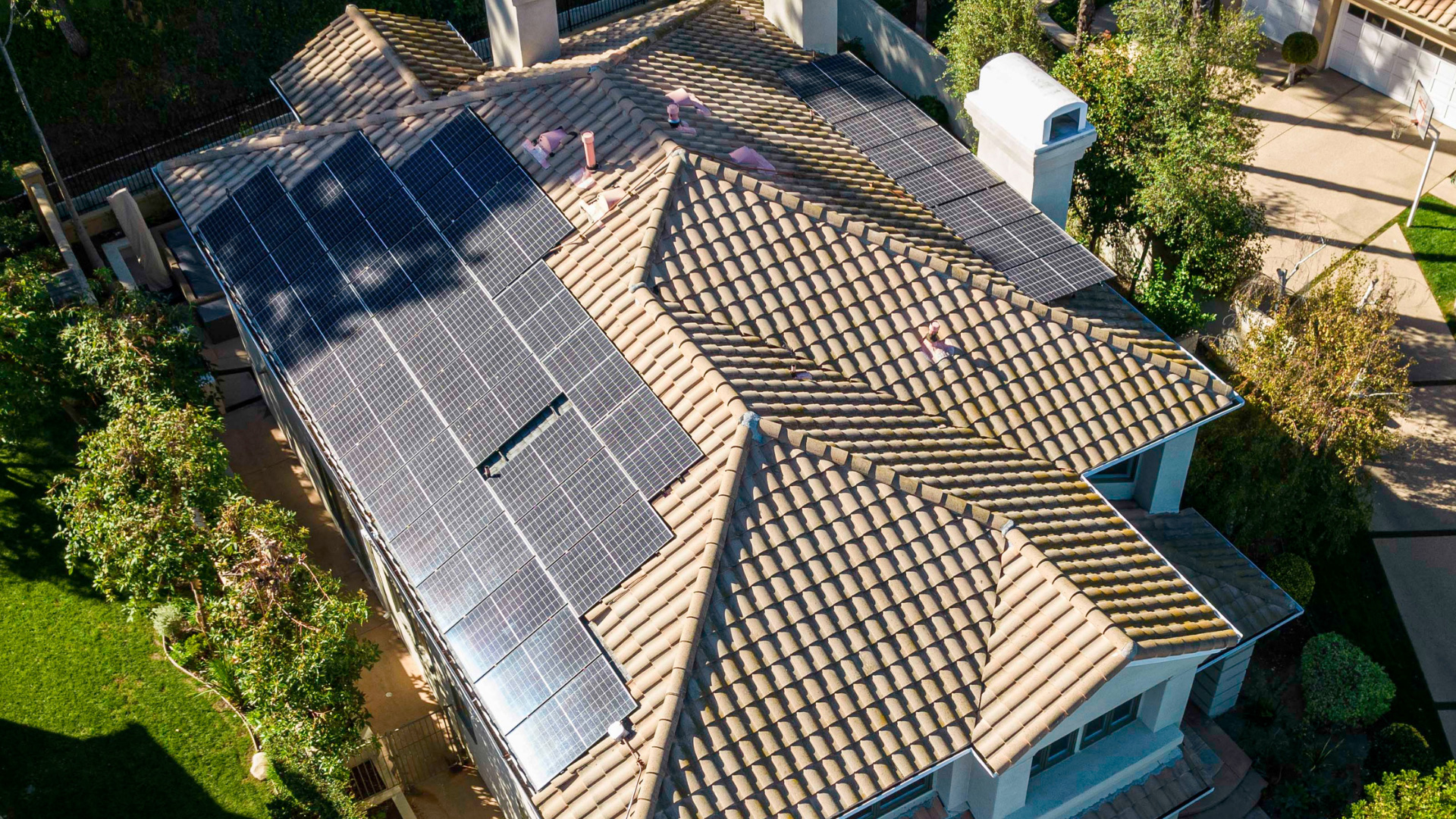The abundant sunshine in The Grand Canyon State powers approximately 1 million homes solely through solar energy, which highlights the state’s commitment to sustainability. If you live in Arizona and are planning to go solar, you’ll be glad to know that local governments are on your side.
In this article, we’ll discuss some of the solar laws in Arizona and what you need to know about them.
What are the solar laws in Arizona?
Arizona State laws play a crucial role in protecting residents’ rights to solar, which promotes the widespread adoption of clean energy. Here are some of the most important legal considerations to keep in mind.
No Deed Restrictions
Arizona Revised Statute § 33-439 prevents language in deeds, such as covenants, restrictions, or conditions, that prohibit solar energy use. This is a relatively old law regarding solar and was enacted in 1979. As such, documents that were created before April 17, 1980 may contain solar-prohibitive language.
If you are wondering what drove politicians to adopt legal protections for solar energy before 1980, it was likely an effort to promote energy independence. U.S. President Carter installed solar panels on the White House that year because of an energy crisis caused by an OPEC oil embargo on the U.S. Over 40 years later, Arizona’s solar law serves a similar purpose in protecting sustainable energy.
Tax Credits for Solar Panels Continue
The Inflation Reduction Act (IRA), enacted by the Biden Administration in 2022, increases and extends the Federal Solar Investment Tax Credit (ITC) to 30% through 2032. It takes thousands of dollars off the price of solar installation, which costs an average of about $30,000 without the credit.
Although the IRA is a national law, Arizona also offers statewide tax credits for residential solar installations. This credit is 25% of the total system cost but maxes out at $1,000. This credit is available on top of federal tax credits.
HOAs Cannot Prohibit Solar Panels
Arizona has its fair share of homeowners associations (HOAs) limiting paint colors and how many cars you can have in your driveway, but these HOAs cannot prohibit solar panels. Arizona Revised Statute §33-1816 states that, “An association shall not prohibit the installation or use of a solar energy device.”
Does this mean you can put a rotating solar array in your front yard and watch your neighbors grimace? Probably not. The statute also permits reasonable rules about where homeowners can place solar panels, as long as they don’t impair the solar panel function or make it unreasonably expensive. The law includes attorney fees for homeowners who win a case against an HOA.
Arizona’s Laws are Pro-Solar
With the push for clean energy to combat climate change and promote energy independence, it is not surprising that Arizona laws promote solar energy. The state now has multiple solar farms, the largest of which covers 2,400 acres and provides electricity to energy giant Pacific Gas and Electric Company (PG&E).
Arizona’s solar energy potential can help energy companies to reduce prices while maintaining stable energy production for its residents. The solar energy industry provides jobs and boosts local economies by providing another public utility source. For Arizona residents, understanding how the law protects their freedom to purchase and install solar panels on their own property is essential to maintaining energy independence and sustainability.
Go Solar in Maricopa County, Arizona
With a record-breaking amount of sunshine, a pro-solar government, and plenty of state and federal incentives, Arizona is a paradise for solar customers. If you’re interested in making the transition to solar energy, contact Solar Optimum today. We are currently serving customers in Buckeye, Carefree, Cave Creek, El Mirage, Goodyear, Litchfield Park, Paradise Valley, Phoenix, Surprise, Wickenburg, and Youngtown.
